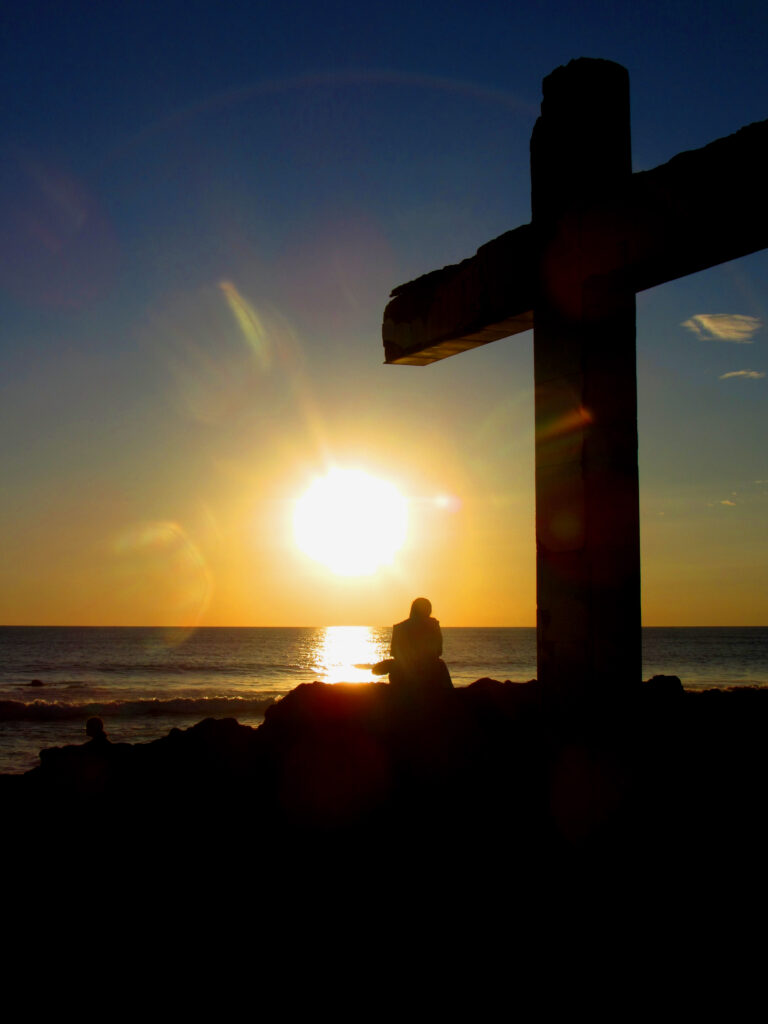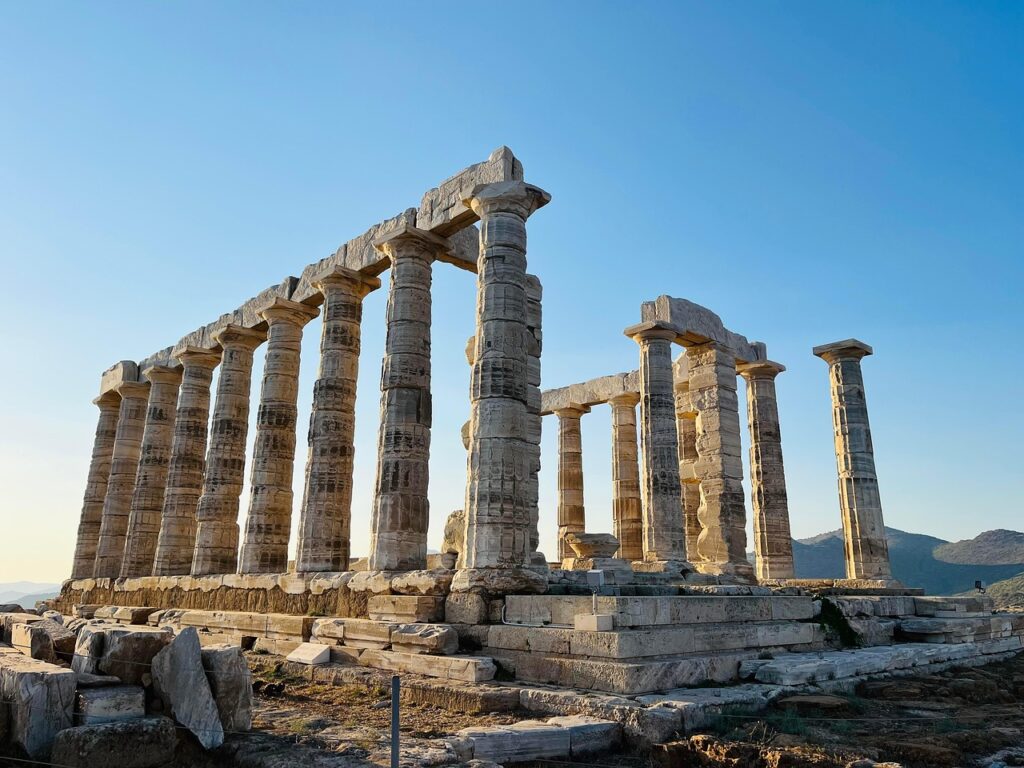Reflection by Bishop Enrique Díaz: “Speak Lord, your servant listens to you”
Second Ordinary Sunday

Mons. Enrique Díaz Díaz shares with Exaudi readers his reflection on the Gospel of this Sunday, January 14, 2024, titled: “Speak, Lord; “Your servant listens to you.”
***
I Samuel 3, 3-10.19: “Speak Lord, your servant listens to you”
Psalm 39: “Here I am, Lord, to do your will”
I Corinthians 6, 13-15, 17-20: “Your bodies are members of Christ”
Saint John 1, 35-42: “They saw where He lived and stayed with Him”
What is the voice of God like? Does he still call today? Sometimes we would like the Lord to speak to us clearly and manifest his will about so many things: about society, about the church, about our person, about pain and suffering. But we would like his voice to accommodate our whims and our interests. The voice of God is always different, it always goes deep inside, and it is always close. Perhaps it happens to us like Samuel who sleeps in the temple, but when God speaks to him, he does not recognize his voice and confuses it with that of the priest Eli. God keeps speaking, God keeps calling. I hope that today we dare to say: “Speak Lord, your servant listens to you”
There are encounters that change lives and transform people. There are encounters that seem impossible not to have had before because they occur in such an intimate and personal way that it seems as if we have been waiting our whole lives for them. In today’s gospel, John tells us about the encounter of the first disciples with Jesus. It is not the journalistic narration of an encounter, but the narration of a moment that has transformed life and that can later be narrated in details and symbols that at first could go unnoticed. We find many symbolic elements that describe the whole person of Jesus. Two disciples of John listen to their teacher speak about Jesus as the “lamb of God,” and without questions or hesitation, with the same naivety as the young Samuel, whom we contemplated in the first reading, they follow Jesus, that is, they are willing to be his disciples, which will imply a definitive change for their lives. Why did they follow Jesus? Just curiosity? What impacted you the most? Certainly, the presentation that John the Baptist makes, saying that Jesus is “The Lamb”, implies a very lively tradition in Jewish culture, but this does not seem to be the reason for following him.
When Jesus sees them, he enters into a dialogue with them: “What are you looking for?”, as if questioning how far they are willing to follow him. When they answer: “Where do you live, Rabbi?”, they are really asking: where do you manifest yourself as you are? What are the proper areas where we can find you? Jesus simply tells them: “Come and you will see.” These seekers want to enter the Master’s life, be with him, be part of him. And Jesus does not protect himself by keeping his distance, but rather welcomes them and invites them to his home. This symbolic gesture has always been commented on as one of the conditions of evangelization: it is not enough to give words, but facts, not theories, but experiences, not talking about the good news, but showing how one lives it oneself. That is to say: evangelization does not have to be a theoretical lesson, but rather a testimony, the evangelizer is not a teacher who gives a lesson, but a witness who offers his own personal testimony.
In days spent in prison, one of the prisoners told me: “until now that I am in prison and among the prisoners I have found Jesus and look where I came to find him! Among the despised of the world!” Today Jesus also tells us that to know him we need to experience where he lives: in his Word, in his Eucharist, in the life of the poor and simple. Poverty and simplicity continue to be the scope of Jesus, only those who want to remain blind cannot discover it. Perhaps we are afraid of meeting Jesus and prefer to declare his death or his extinction… but Jesus continues to live very close to us, sharing life, in fact, loving us, even if we do not want to recognize it. Nothing can replace the experience of personal, deep and intimate faith, from which the desire to follow and imitate Jesus will be born. The culmination of the Christian process is in the experience of Jesus as those disciples who “went, saw where he lived and stayed with him that day.”
The impact of the experience, of the testimony, moves the disciples, and they become messengers who will attract new disciples. Even Peter’s name changes to indicate the depth of this encounter. Following Jesus, walking with him, cannot be done without having had an experience of encounter with him. But also, once Jesus has been found, we cannot continue with our gray and indifferent life. We will find a true impulse and a new strength to serve our brothers in the style of Jesus, to make known, with works more than words, his person and his life. It will be urgent to become missionaries of his Gospel.
Certainly, today’s life is full of noise, rush, sounds that are exchanged, that deafen us, but that does not give us the right to say that God does not speak today. When Samuel (first reading) heard God’s call, it is said that at that time the word of God was scarce. And one wonders if the word of God is scarce, or we are so deaf that we do not want to hear it, we lose the capacity for silence, the ability to hear in our interiority the voice of God that inhabits us. God can continue to be that unknown in which we are immersed and surrounded by his love. Today, we must ask ourselves a series of questions and prepare our hearts to respond sincerely to the Lord. Am I willing to recognize Jesus in my daily life and allow Him to disrupt my deepest interests? Can I, like Peter, not only change my name, but also my activities and priorities? Am I willing to have a deep encounter with Jesus? What means am I using to make it happen?
Good Father, who in Jesus shows us all your love and wants to meet each one of us, dispose our hearts according to your desires and allow us that deep encounter that transforms our lives into a true following of Jesus. Amen
Related

He who is without sin, let him cast the first stone: Fr. Jorge Miró
Jorge Miró
06 April, 2025
3 min

Reflection by Bishop Enrique Díaz: Great things you have done for us, Lord
Enrique Díaz
06 April, 2025
5 min

“The priest finds his reason for being in the Eucharist”
Fundación CARF
01 April, 2025
5 min

Family Valued: An international appeal for the family
Exaudi Staff
01 April, 2025
2 min
 (EN)
(EN)
 (ES)
(ES)
 (IT)
(IT)

